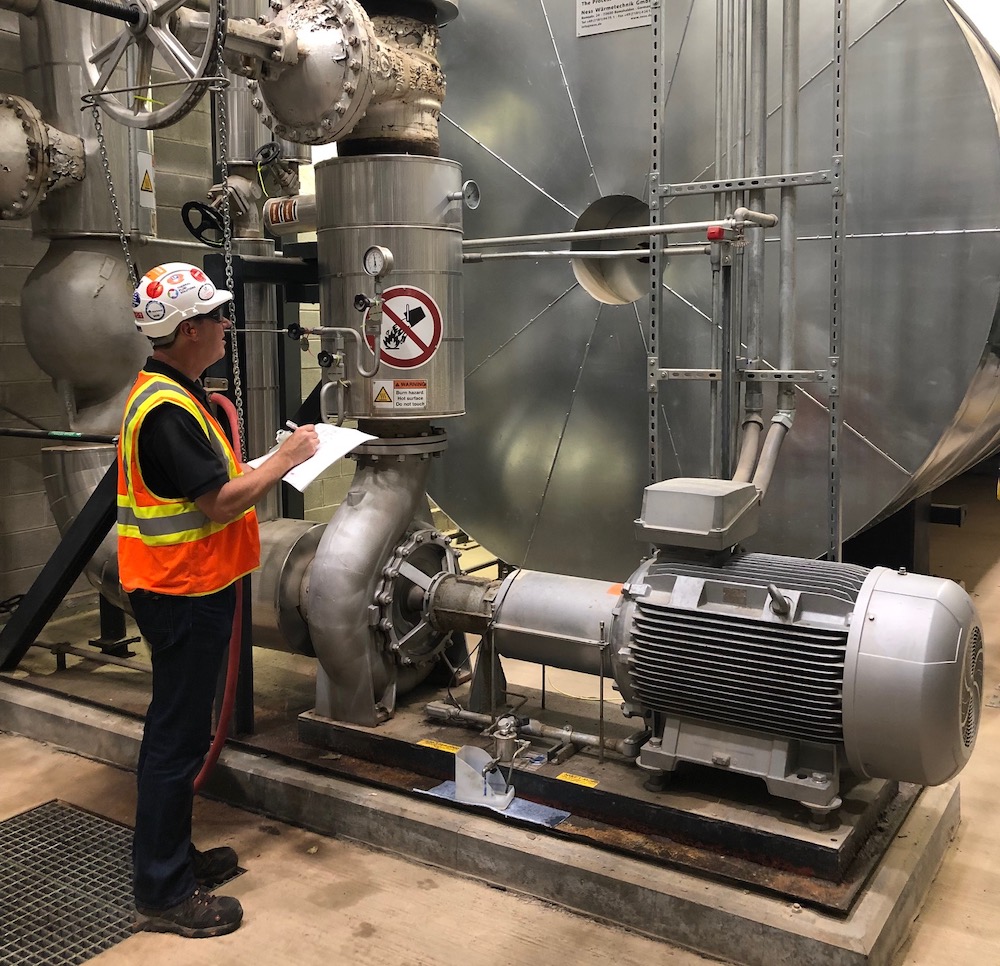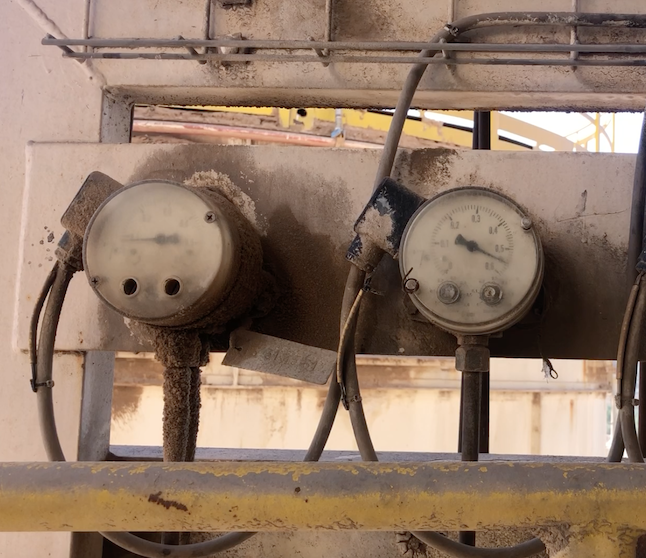Risk management in the context of thermal fluids involves a systematic approach to identify, assess, and mitigate potential hazards associated with the use and handling of these substances. Thermal fluids, such as heat transfer fluids, play a crucial role in various industrial processes, including manufacturing and energy production. However, they can pose risks like fire, explosion, environmental contamination, and health hazards if not managed properly. Effective risk management entails conducting thorough risk assessments to identify potential sources of danger, implementing safety measures like proper storage, handling procedures, and equipment maintenance, and having contingency plans in place to respond to emergencies. By proactively managing risks associated with thermal fluids, organisations can ensure the safety of their employees, protect the environment, and maintain the reliability of their operations.

A proactive and continually evolving thermal fluid management programme – which is tailored to the specific characteristics and needs of your operations.
Designed to improve safety, improve performance, ensure compliance and support knowledge building, PACT is an invaluable support package.
Ideal for any manufacturing processing operation that uses thermal oil systems, PACT delivers all the knowledge and tools your business needs to avoid catastrophic incidents, improve day-to-day safety and improve efficiency.


Auditing and training are critical components in ensuring the safe and efficient management of thermal fluids in industrial processes. Auditing involves a systematic examination of the entire thermal fluid system, including equipment, procedures, and documentation, to identify potential hazards, compliance with safety regulations, and areas for improvement. This process helps in assessing the overall health of the system and ensuring it operates optimally.
On the other hand, training is essential for equipping personnel with the necessary knowledge and skills to handle thermal fluids safely. This includes understanding the properties of thermal fluids, proper handling techniques, emergency response procedures, and maintenance protocols. Effective training not only reduces the risk of accidents but also enhances the overall performance of the thermal fluid system. Together, auditing and training play a pivotal role in maintaining the integrity and safety of thermal fluid systems in industrial settings.


Safety testing is of paramount importance when it comes to thermal fluids. These specialised fluids are commonly used in various industrial processes, including heating and cooling systems, and their properties can have a significant impact on the safety and efficiency of these operations. To ensure the safe handling and application of thermal fluids, rigorous testing protocols are essential. This testing typically involves assessing the fluid’s thermal stability, flammability, toxicity, and corrosion resistance, among other factors. By subjecting thermal fluids to thorough safety testing, engineers and operators can identify potential risks and implement appropriate measures to mitigate them, thereby safeguarding both personnel and equipment while optimising industrial processes. Ultimately, safety testing plays a crucial role in ensuring the responsible and secure use of thermal fluids across various industries.
